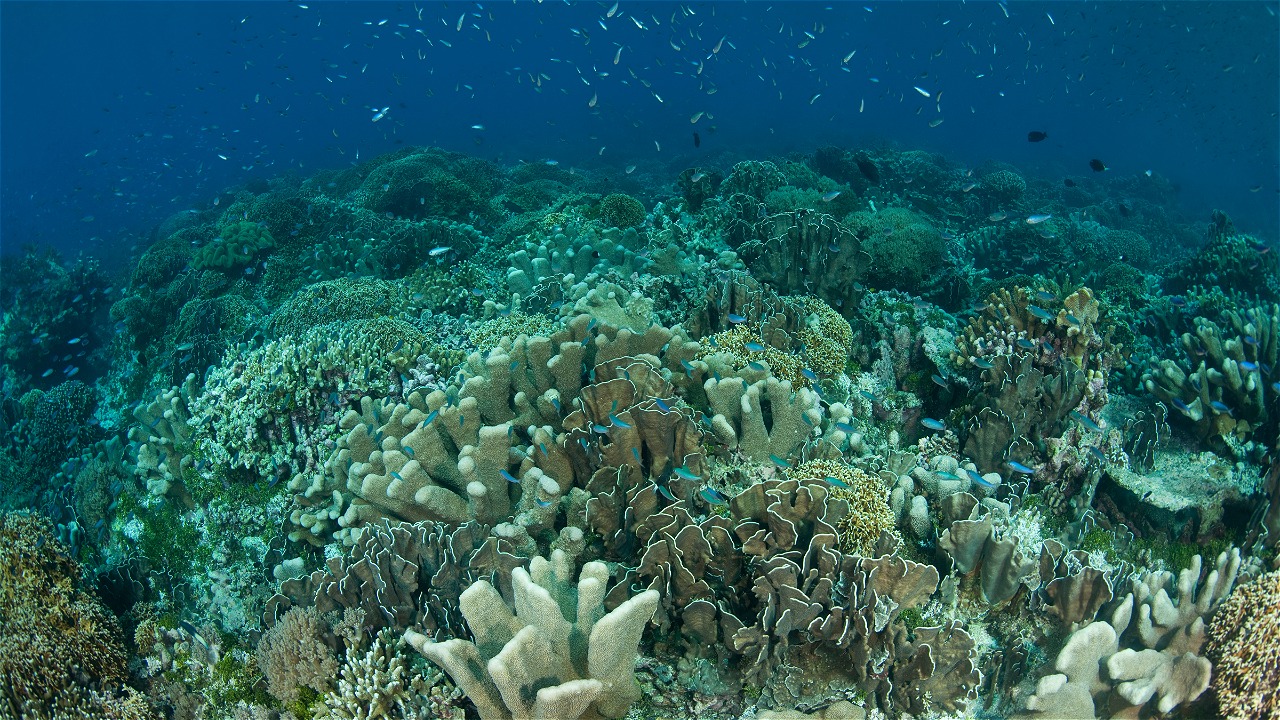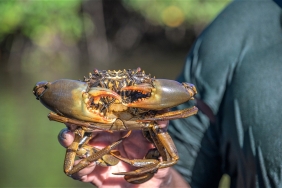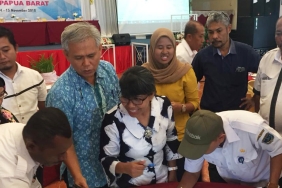THE FIRST STEP TO FIP/AIP SUCCESS BY INCREASING FACILITATOR CAPACITY
By: M Budi Santosa (Marine Conservation and Sustainable Fisheries Senior Officer)
The common problem found in the implementation of group mentoring conducted by WWF-Indonesia's fisheries program is the lack of capacity of facilitators in the field. Although the recruitment system of facilitators has been adjusted to the needs of the program in the field, it cannot be denied that not all facilitators have the same ability. WWF's local facilitators are usually good at technical skills (aquaculture, bycatch or capture) but lack skills in group organization and community development. As a result, advocacy to relevant stakeholders is often hampered. Seeing these problems, WWF-Indonesia made a breakthrough to provide knowledge and experience to facilitators about the process of community development and group dynamics.
On August 19, 2016, WWF-Indonesia and Lembaga Pengkajian dan Pengembangan Sumberdaya Pembangunan (LPPSP) Semarang held a training for 10 facilitators from WWF-Indonesia's Capture and Aquaculture programs and 5 staff from LPPSP Semarang in Semarang City, Central Java. The training provided WWF-Indonesia's local facilitators with knowledge on the basics of community development, the process of organizing and group dynamics, as well as the preparation of community development reports. Interestingly, in the training, the facilitators were not only passive participants but were invited to interact with the trainers, such as acting the lobby, making ice breaking movements, active discussions as well as conducting interviews and writing reports. The trainers are community assistance experts from LPPSP Semarang, namely Dr. Indra Kertati MSi; Dr. Fadli Rizal Makarim and Drs Harsoyo, Msi,. A representative from WWF-Indonesia, M. Budi Santosa, Marine Conservation and Sustainable Fisheries Senior Officer, provided material on work plan presentation for facilitators.
During the presentation session, it was clear that the abilities of each facilitator varied greatly. Lack of confidence, mastery of the material and the lack of coherence of the presentation series are the average problems experienced by the facilitators. The facilitators still seem to be fixated on technical skills and have not touched on the values of community development as the subject of a program.
In the report writing session, the facilitators' ability was tested again, especially in conveying the narrative message of a community development activity. The trainer from LPPSP Semarang identified several facilitators who have good report writing skills, and there are still many facilitators who need to improve their writing skills. A good community development project report should generally be able to explain the activities that have been carried out, the beneficiaries of the activities, the successes or failures obtained and the lessons learned from the project.
M Budi Santosa as the person in charge of the activity also advised the facilitators to continue practicing to improve their mentoring and community development skills, because facilitators are the spearhead of the success of the WWF-Indonesia program. It is hoped that similar activities can continue to be carried out with more participants and covering various fields and projects, so that WWF-ID programs can be integrated and run well.





